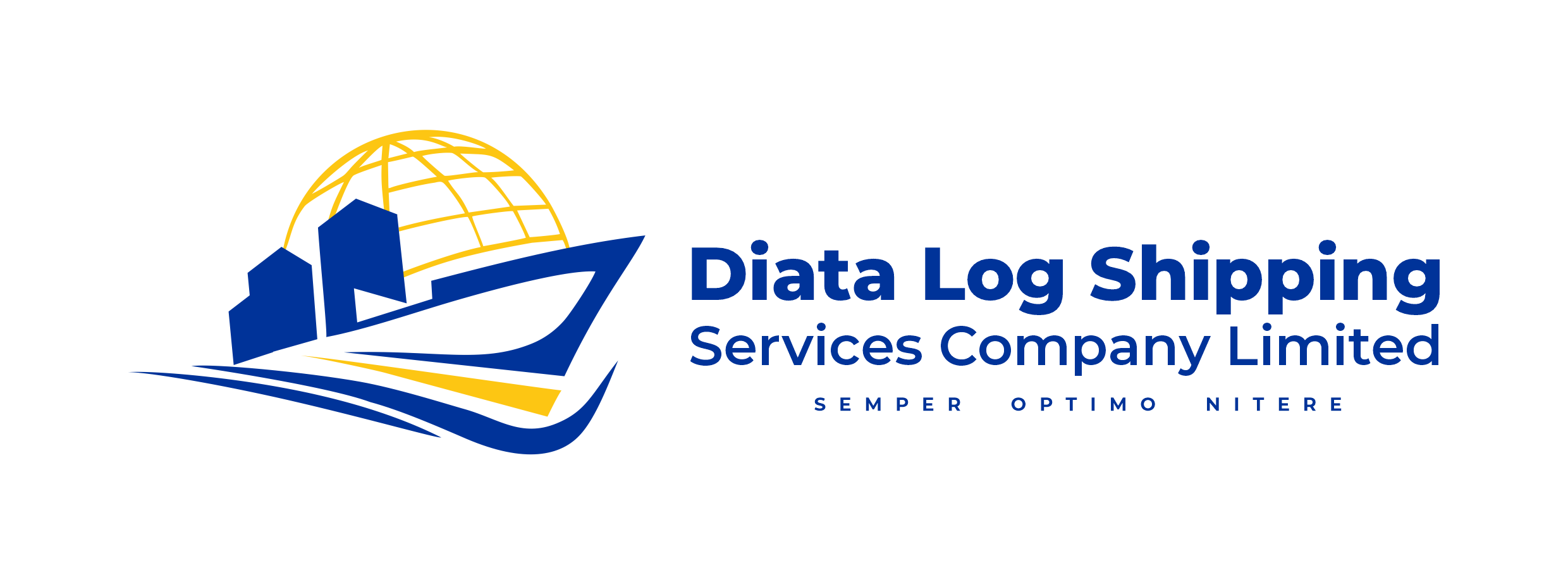
Swedish water treatment firm SurfCleaner has entered into a global partnership with maritime pollution mapping specialist Eyesea to minimise the effects of nearshore oil spills.
Non-profit organisation Eyesea is on a mission to map global, analyse, and support the recovery of pollution and maritime hazards through a portfolio of tech tools. It uses a global membership and tech partnership structure to maintain and expand its technology offering and to develop organizational capacity to support clean-up efforts worldwide.
SurfCleaner and Eyesea’s partnership is set to specifically focus on monitoring and minimizing the effect of oil spills in nearshore areas such as ports, harbours, oil terminals and shipyards. It further aims to address and improve conditions around stationary installations which are common for handling industrial wastewater.

SurfCleaner’s world’s-first skimmer hybrid technology is capable of highly effective separation, removal and recovery of floating water contaminants. Its core principles were developed by clinical physiologist Dr Stig Lundbäck MD PhD following his discovery of the human heart’s Dynamic Adaptive Piston Pump (DAPP) functionality.
SurfCleaner CEO Johnny Sajland said: “Ever since SurfCleaner’s creation, ports and harbours have been one of our key segments, where we have delivered our technology to small and big oil terminals such as Port of Stockholm,” he said. “We are confident this partnership will be beneficial for all parties involved, helping maximise the positive impact of our unique technology globally. Regulations in ports and harbours are becoming ever more stringent and acting close to the source is key for efficiency in all aspects. Sources of oil contaminations in ports typically occurs from petroleum wastewater, equipment leaks and cleaning, tank ruptures, etc. We are keen to communicate to the global maritime community, that our technology can automatically and continuously remove floating pollutants, preventing hydrocarbon pollution in the discharged water.”
According to statistics from ITOPF (International Tanker Owners Pollution Federation) most oil spills originate near port. The non-profit organisation – which provides technical advice for ship-sourced spills – calculates that circa 80pc of tanker spills arise from operational incidents including loading, discharging and bunkering.
SurfCleaner Founder & Chief Sustainability Officer Christina Lundbäck said the firm’s SCO 1000 device has impressed clients across a number of key areas during recent nearshore oil clean-up operations. “The feedback we receive is generally unanimous,” she said. “Firstly, our clients are usually surprised by the speed in which we can tackle issues. Our streamlined and lightweight machines are easy to transport and deploy in restricted locations. They can be moved by just one person and run autonomously if necessary, managing oil spills across different areas, from wells, basins, plant operations to the harbours themselves. Secondly, SurfCleaner’s machines are also the only systems in the world capable of removing and separating water sheen, which is particularly relevant in oil-spill clean ups, removing the need for costly absorbents. So the effectiveness of our solution is also highly regarded.”
Eyesea Founder Graeme Somerville-Ryan said combining Eyesea’s network with SurfCleaner’s technology will help ‘close the loop’. “SurfCleaner is a hugely valuable addition to the global Eyesea community bringing best-in-class technology to minimise the effects of nearshore oil spill incidents. We all understand maritime pollution is a problem – a problem that, at times, is pictured as being too large to solve. However, by cooperating with a wide range of partners like SurfCleaner, we can help recovery efforts and drive strategy and, ultimately, change.”
Source: SurfCleaner
